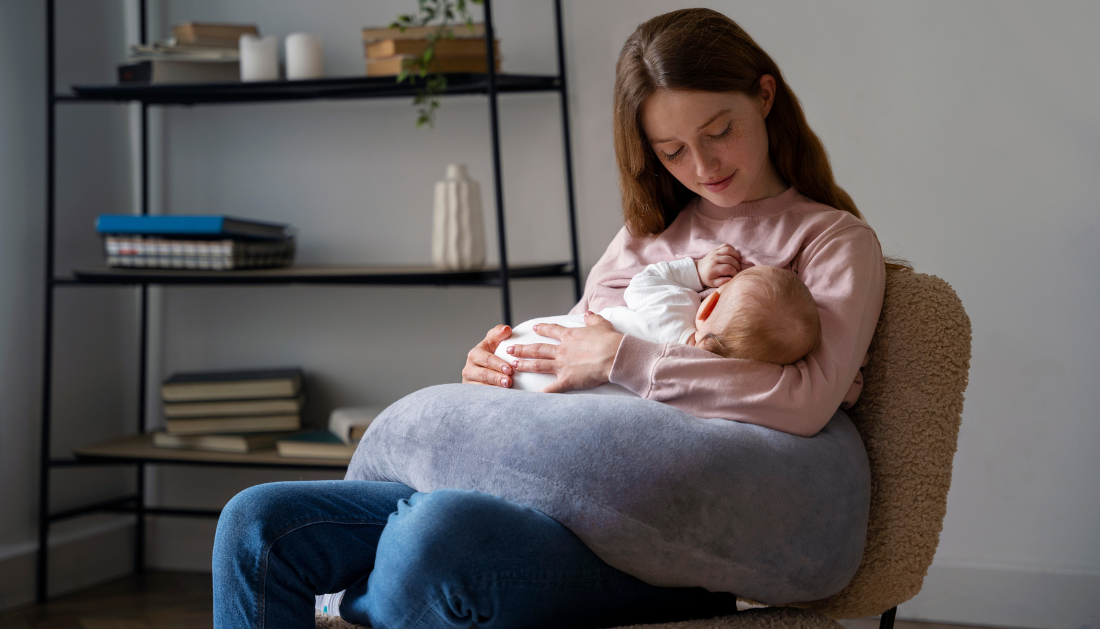

Lactating mothers who receive the COVID-19 boosters pass the antibodies to their children through breast milk, potentially protecting babies who are too young to receive the vaccine, according to a study conducted by the University of Florida Institute of Food and Agricultural Sciences (UF/IFAS) and the UF College of Medicine.
The study is the third in a sequence that examines antibody protection conveyed through breast milk from moms who got the first two COVID-19 immunizations and now the COVID-19 boosters. The second paper described the same antibody transmission through breast milk.
“We believe that breast milk may play an important role in protecting infants from COVID in the first six months of life,” said Dr. Vivian Valcarce, a former UF College of Medicine researcher who worked on this study. She is now an assistant professor at the University of Alabama, Birmingham. “We continue to see babies being hospitalized from COVID-19 infections.”
The study was published in Frontiers in Nutrition.
According to Larkin, this study demonstrates that breastfeeding can offer COVID-19 antibodies for infants who are too young to receive a vaccination—and that the antibodies fade in people’s bodies over time, so obtaining a booster can provide longer-term protection to babies who consume breast milk.
“When babies are born, they have an immature immune system, so they rely heavily on mom’s immune system,” he added. “Breastfeeding can serve as a gap in between while babies are building their own immune system.”
According to Larkin, some antibodies are also passed to fetuses via the placenta, but this initial protection fades with time.
In this study, 14 nursing moms and their newborns were monitored from before until after they received their COVID-19 booster doses, according to Larkin. Researchers analyzed the mothers’ blood to ensure their bodies produced COVID-19 antibodies following a booster shot, breast milk to ensure it included antibodies, and babies’ stools to ensure antibodies were present in their bodies.
Breast milk was tested against COVID-19 in a 96-well plate with a lab-safe COVID virus strain, and researchers discovered that the mother’s antibodies disable the virus, according to Lauren Stafford, a UF/IFAS graduate research assistant and Ph.D. candidate in microbiology and cell science.
The study was a cooperation between UF/IFAS and the UF College of Medicine, and it included Dr. Josef Neu, a pediatrics professor in the UF College of Medicine’s neonatology division.
Valcarce said, “This shows how important breast milk and breastfeeding is for infant health during a pandemic.”
More information: Vivian Valcarce et al, COVID-19 booster enhances IgG mediated viral neutralization by human milk in vitro, Frontiers in Nutrition (2024). DOI: 10.3389/fnut.2024.1289413
more recommended stories
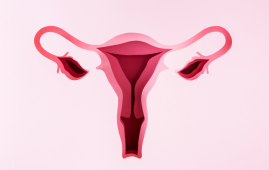 Neoadjuvant Chemotherapy Boosts Ovarian Cancer
Neoadjuvant Chemotherapy Boosts Ovarian CancerDuring the COVID-19 pandemic, US women.
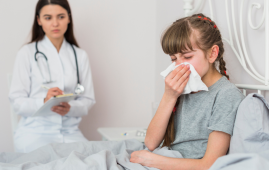 Nasal Cellular Age response to Covid 19
Nasal Cellular Age response to Covid 19Variations in Nasal Cellular Age Response.
 Phone Addiction linked with Insomnia: New Study Insights
Phone Addiction linked with Insomnia: New Study InsightsIn addition to confirming the well-established.
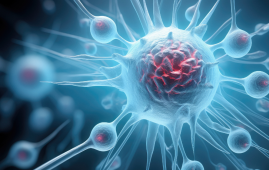 Abzymes Unveiled: Understanding COVID-19’s Impact
Abzymes Unveiled: Understanding COVID-19’s ImpactA possible solution for some of.
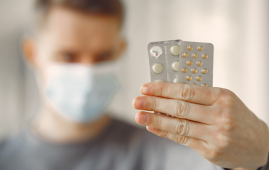 COVID-19 Over-the-Counter Medication Considerations
COVID-19 Over-the-Counter Medication ConsiderationsThe COVID-19 virus can cause symptoms.
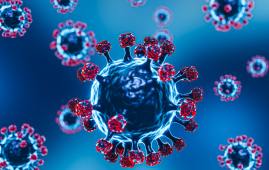 Effects of the COVID-19 Pandemic on responses to Therapy for Anxiety
Effects of the COVID-19 Pandemic on responses to Therapy for AnxietyThe commencement of the COVID-19 pandemic.
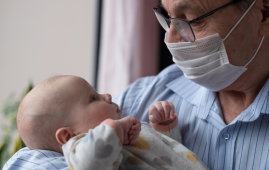 Pandemic Babies Exhibit Changed Gut Microbiome and Reduced Allergy Rates
Pandemic Babies Exhibit Changed Gut Microbiome and Reduced Allergy RatesPandemic babies exhibit developmental trajectory of.
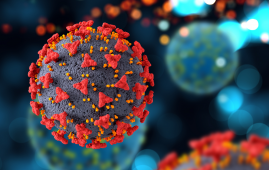 IFN-γ as a potential biomarker for Long COVID
IFN-γ as a potential biomarker for Long COVIDA University of Cambridge-led study identifies.
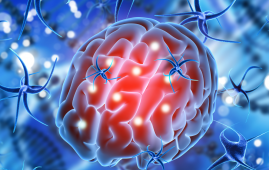 Scientists Finds how Brain Fog is Connected to Long COVID
Scientists Finds how Brain Fog is Connected to Long COVIDTrinity College Dublin scientists and FutureNeuro.
-
COVID-19 Testing: One-Minute Bioluminescent Innovation
The cold, flu, and COVID-19 season.

Leave a Comment